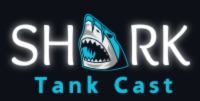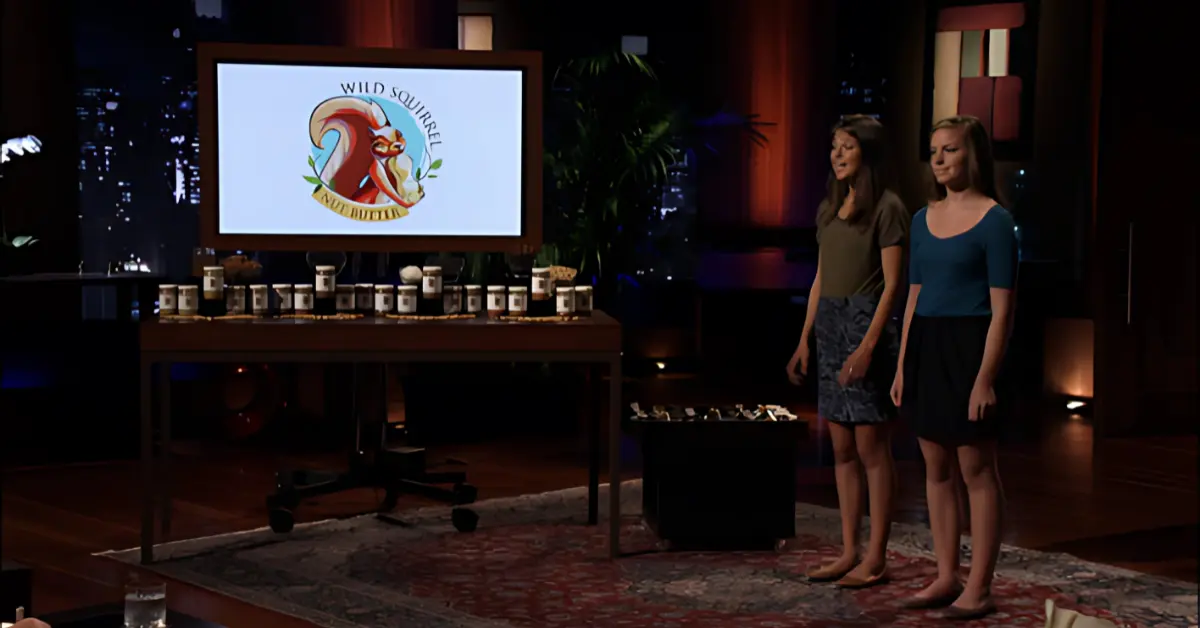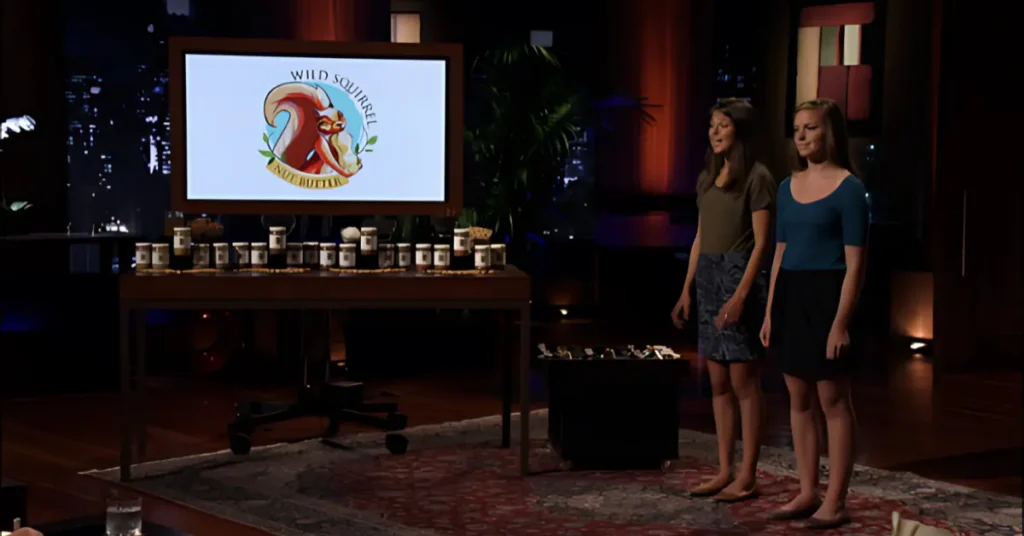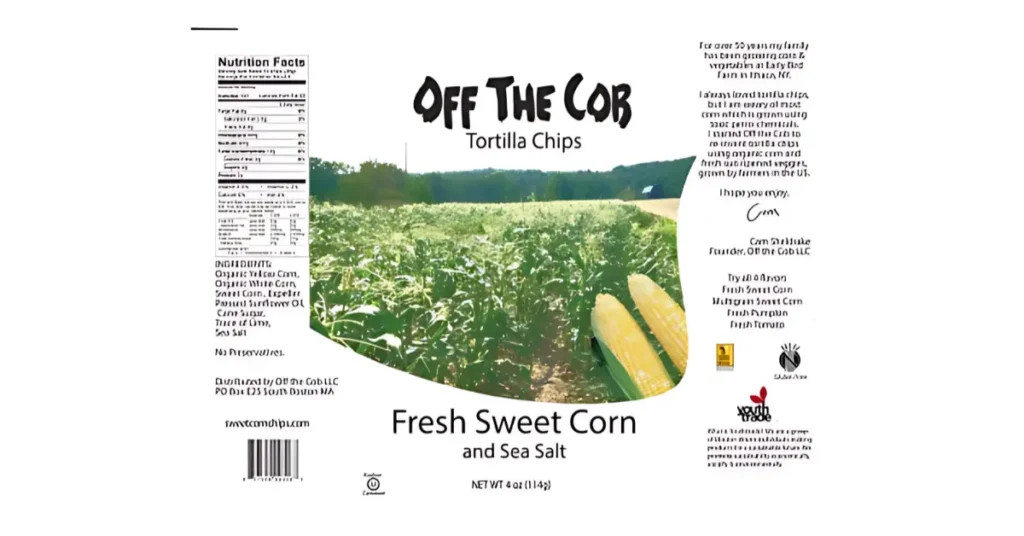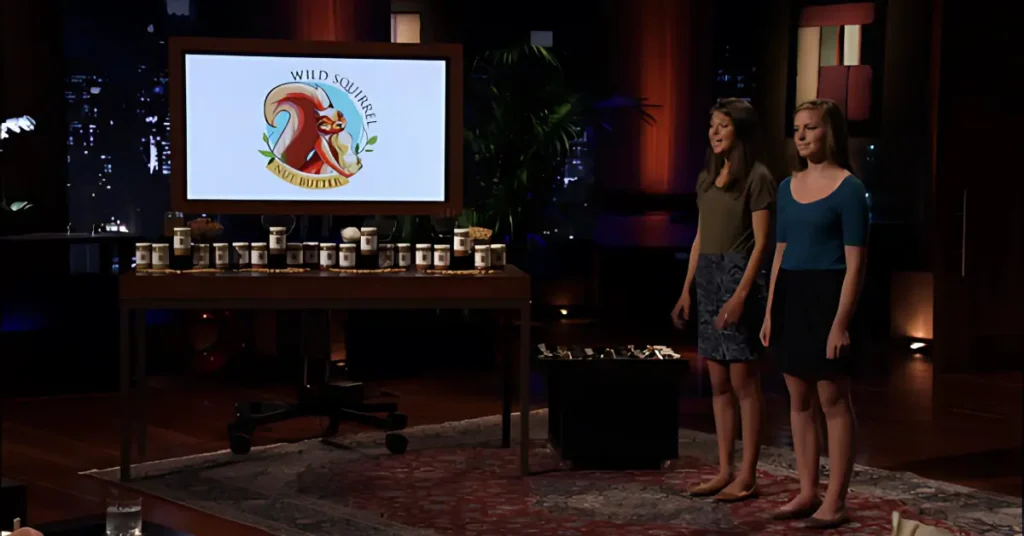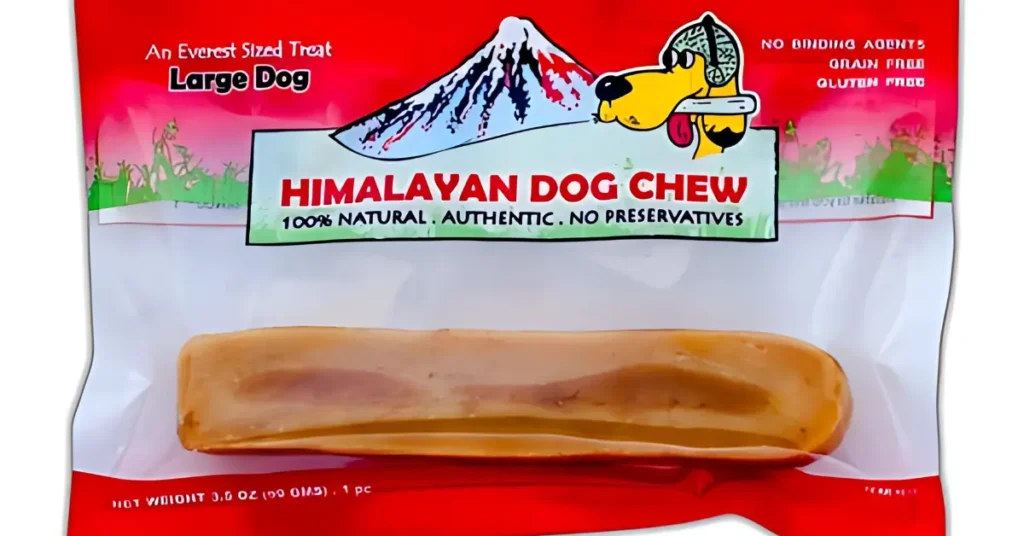Wild Squirrel Nut Butter, now known as Wild Friends, has come a long way since its memorable appearance on Shark Tank. The brand, once a small, homegrown nut butter company run by two college friends, has grown into a national favorite with a loyal customer base and a reputation for wholesome, innovative products. But what exactly happened after the cameras stopped rolling? Did they land a deal, and if so, how did it shape their growth?
Table of Contents
ToggleWild Friends Net Worth in 2025
As of 2025, Wild Friends (formerly Wild Squirrel Nut Butter) is valued between $10 million and $15 million. This growth is driven by their expanded product line, including collagen-infused nut butters and seasonal flavors, and their strong retail presence in over 10,000 stores, such as Whole Foods and Target. The company has also thrived through direct-to-consumer sales via their website and platforms like Amazon, while their commitment to sustainability and empowering women in business has strengthened their brand value. With loyal customers and ongoing investment opportunities, Wild Friends is well-positioned for continued growth and increased valuation in the coming years.
Key Takeaways
- Shark Tank Exposure: Despite the deal falling through, Wild Friends (formerly Wild Squirrel Nut Butter) benefited significantly from the exposure on Shark Tank, leading to national recognition and brand growth.
- Rebranding Success: The transition from Wild Squirrel to Wild Friends allowed for broader product innovation and better market positioning.
- Sustained Growth: With a diverse product line, strong retail partnerships, and a solid direct-to-consumer model, Wild Friends has achieved a net worth of $10-$15 million in 2025.
- Commitment to Sustainability: Their focus on clean ingredients, eco-friendly packaging, and social initiatives like empowering women in business has strengthened their brand image and customer loyalty.
- Future Outlook: Wild Friends is poised for continued success, with plans for more product innovation, content creation, and international expansion, positioning them for even greater growth.
What Is Wild Squirrel Nut Butter?
Wild Squirrel Nut Butter started in a University of Oregon dorm room when founders Keeley Tillotson and Erika Welsh experimented with homemade peanut butter recipes. Their goal? To create flavorful, healthy nut butters without artificial additives or palm oil.
Their early blends — including Honey Pretzel and Chocolate Coconut — were unique, drawing attention from friends and local food enthusiasts. The popularity of these experimental batches led them to start selling at farmers’ markets under the name Wild Squirrel Nut Butter.
The brand quickly gained momentum, and in 2012, they made their national debut on Shark Tank.
Their Shark Tank Pitch: What Happened?
Keeley and Erika appeared on Shark Tank during Season 3, seeking $50,000 in exchange for a 10% stake in Wild Squirrel Nut Butter.
What Stood Out in the Pitch:
- Their passion and confidence impressed the Sharks.
- Their college startup story made them relatable.
- Their innovative flavors set them apart in a competitive industry.
- They had already generated $14,000 in revenue in just four months.
The Sharks were intrigued — especially Barbara Corcoran and Robert Herjavec.
Did They Get a Deal?
Yes. Barbara Corcoran offered $50,000 for a 40% stake. Erika and Keeley countered with 35%, and Barbara accepted.
While the deal seemed promising on air, it was never finalized after the show. Like many Shark Tank deals, it fell through during due diligence. However, the exposure helped catapult the brand into the national spotlight — and that proved to be more valuable than the money itself.
Rebranding to Wild Friends: Why the Change?
After the show, Keeley and Erika rebranded from Wild Squirrel Nut Butter to Wild Friends. The decision was part of a broader effort to reflect the brand’s evolution beyond just peanut butter.
Why “Wild Friends”?
- It represented their personal friendship and friendly approach to food.
- It aligned with their mission of creating products for health-conscious, adventurous consumers.
- It allowed more flexibility as they expanded their product range.
Today, Wild Friends offers not just peanut butter but also almond, cashew, and sunflower seed butters — many of which are organic and flavored with natural ingredients like cinnamon, vanilla, and espresso.

Business Growth Since Shark Tank
1. Retail Expansion
From local farmers’ markets to shelves of Whole Foods, Target, Kroger, and Amazon, Wild Friends grew rapidly. Their products now appear in over 10,000 retail stores across the U.S.
2. Product Line Growth
Initially known for nut butters, the brand now includes:
- Collagen nut butters
- Single-serve snack packs
- Organic & no-added-sugar options
- Seasonal flavors and gift packs
This diversification has helped them stay competitive in the health food market.
3. Funding Success
Though their Shark Tank deal didn’t go through, Wild Friends secured funding elsewhere. Notably:
- In 2014, they raised $1.4 million from private investors.
- They were also part of the Chobani Incubator, which provided mentorship and growth resources.
4. Social and Environmental Mission
Wild Friends isn’t just about profits — they’ve committed to:
- Using sustainable, non-GMO ingredients
- Reducing plastic packaging
- Supporting women in business and STEM through their “Fuel Her Future” initiative
Where Are They Now in 2025?
As of 2025, Wild Friends remains a privately held and female-led business, continuing to innovate in the nut butter space. They have a strong online presence and robust DTC (Direct-To-Consumer) model through their website.
Their most popular products in 2025 include:
- Organic Peanut Butter with Chia & Flax
- Collagen Almond Butter with Vanilla
- Pumpkin Spice Almond Butter (seasonal bestseller)
They also maintain a strong community through email newsletters, recipe blogs, and social media engagement.
Did Shark Tank Help Wild Friends?
Absolutely — despite the deal falling through, the national exposure dramatically boosted their brand. They received:
- Increased online traffic and sales
- Interest from national retailers
- Media attention from outlets like Forbes, Business Insider, and Women’s Health
Many Shark Tank businesses that don’t finalize a deal still benefit from what’s dubbed “the Shark Tank effect,” and Wild Friends is a prime example of that.
Key Lessons from Wild Friends’ Shark Tank Journey
- Exposure Can Be More Valuable Than Investment
Even without finalized funding, the show gave Wild Friends a platform to reach millions. - Brand Evolution Is Critical
The rebrand from Wild Squirrel to Wild Friends allowed broader product innovation and market expansion. - Founders with Passion Win Hearts
Keeley and Erika’s story of starting from a dorm room resonated with consumers and investors alike. - Community Building Is Long-Term Gold
Their focus on authenticity, clean ingredients, and giving back created a loyal customer base.
How Much Is Wild Friends Worth Today?
While the company hasn’t publicly disclosed its exact valuation, estimates suggest Wild Friends is valued between $10 million and $15 million in 2025.
This is based on:
- Estimated annual revenue exceeding $4 million
- Retail partnerships with major chains
- High repeat purchase rates and brand loyalty
- Private equity interest in female-founded health food startups
Is Wild Friends Still a Good Investment?
Although not publicly traded, Wild Friends remains an example of a successful, investable brand in the better-for-you food sector. Their focus on clean ingredients, brand storytelling, and expanding health trends (like collagen and no-sugar products) positions them well for continued growth.
Should they pursue another funding round or an acquisition, Wild Friends could attract significant interest from major food conglomerates looking to expand into the clean eating market.
What’s Next for Wild Friends?
1. Product Innovation
Expect to see:
- More functional ingredients (like probiotics and adaptogens)
- Eco-friendly packaging updates
- More international shipping options
2. Subscription Model
Wild Friends may expand their “nut butter of the month” club and other subscription boxes, catering to fans who want convenience and novelty.
3. Content & Recipes
They continue publishing health-conscious recipes and partnering with fitness influencers and wellness coaches.
4. Impact-Driven Growth
Their “Fuel Her Future” program continues to grow, funding scholarships and mentorships for young women interested in entrepreneurship and STEM.
Conclusion
Wild Squirrel Nut Butter’s journey from a dorm-room idea to a Shark Tank spotlight and a multimillion-dollar brand is both inspiring and instructive. Keeley and Erika’s evolution into Wild Friends reflects the power of perseverance, innovation, and authenticity.
While the Shark Tank deal didn’t go through, the appearance catapulted the brand into national awareness. Their rebranding, product expansion, and mission-driven approach have helped them thrive in a competitive market.
Wild Friends is proof that you don’t need a Shark to swim — if you’ve got heart, hustle, and a damn good nut butter.
